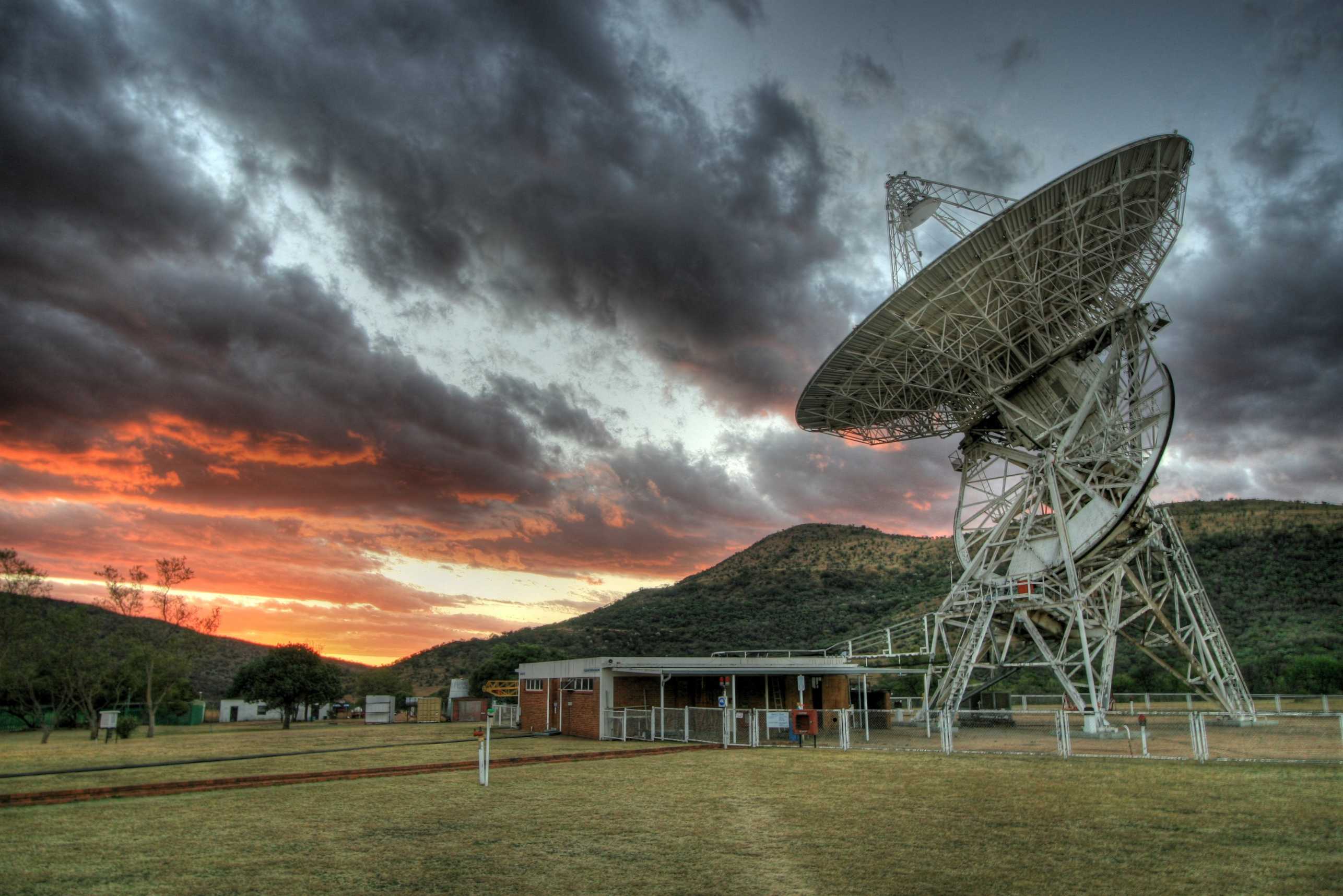KOSMIC: K-band VLBI Observations with Improved Scheduling and Ionospheric Correction

The project K-band VLBI Observations with Improved Scheduling and Ionospheric Corrections (KOSMIC) focuses on improving the accuracy of the celestial reference frame (CRF) used by astronomers and scientists for various applications in astronomy, geodesy, and navigation. This reference frame relies on precise measurements of distant celestial objects, which act as fixed points in the sky.
The latest version of this reference frame, the International Celestial Reference Frame (ICRF-3), includes very long baseline interferometry (VLBI) data from higher radio frequencies, specifically K-band (24 GHz). Observations at these frequencies offer significant advantages but also present challenges, such as the effects of the Earth's ionosphere and the uneven distribution of observing stations.
To address these challenges, we will develop a machine learning-based model to correct for ionospheric effects, enhancing the accuracy of K-band measurements. Additionally, we will refine observation scheduling techniques to optimize data collection.
KOSMIC supports the International Astronomical Union’s (IAU) efforts to maintain and enhance the ICRF. By focusing on K-band VLBI observations, we aim to create a more precise and stable celestial reference frame, benefiting scientific research and practical applications in space exploration, geodesy, and beyond.
Contacts:
Prof. Dr. Benedikt Soja, ETH Zurich,
Dr. Matthias Schartner, ETH Zurich,
Marcel Iten, ETH Zurich,
Arno Rüegg, ETH Zurich,
Partners:
Marisa Nickola, SARAO,
Aletha de Witt, SARAO,
Hana Krasna, TU Wien,